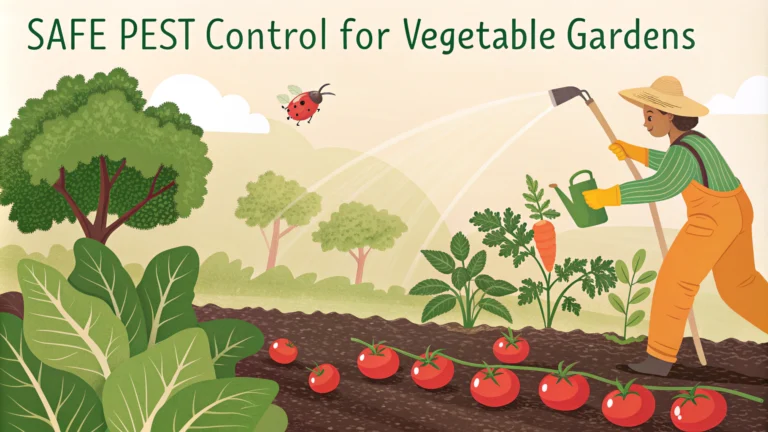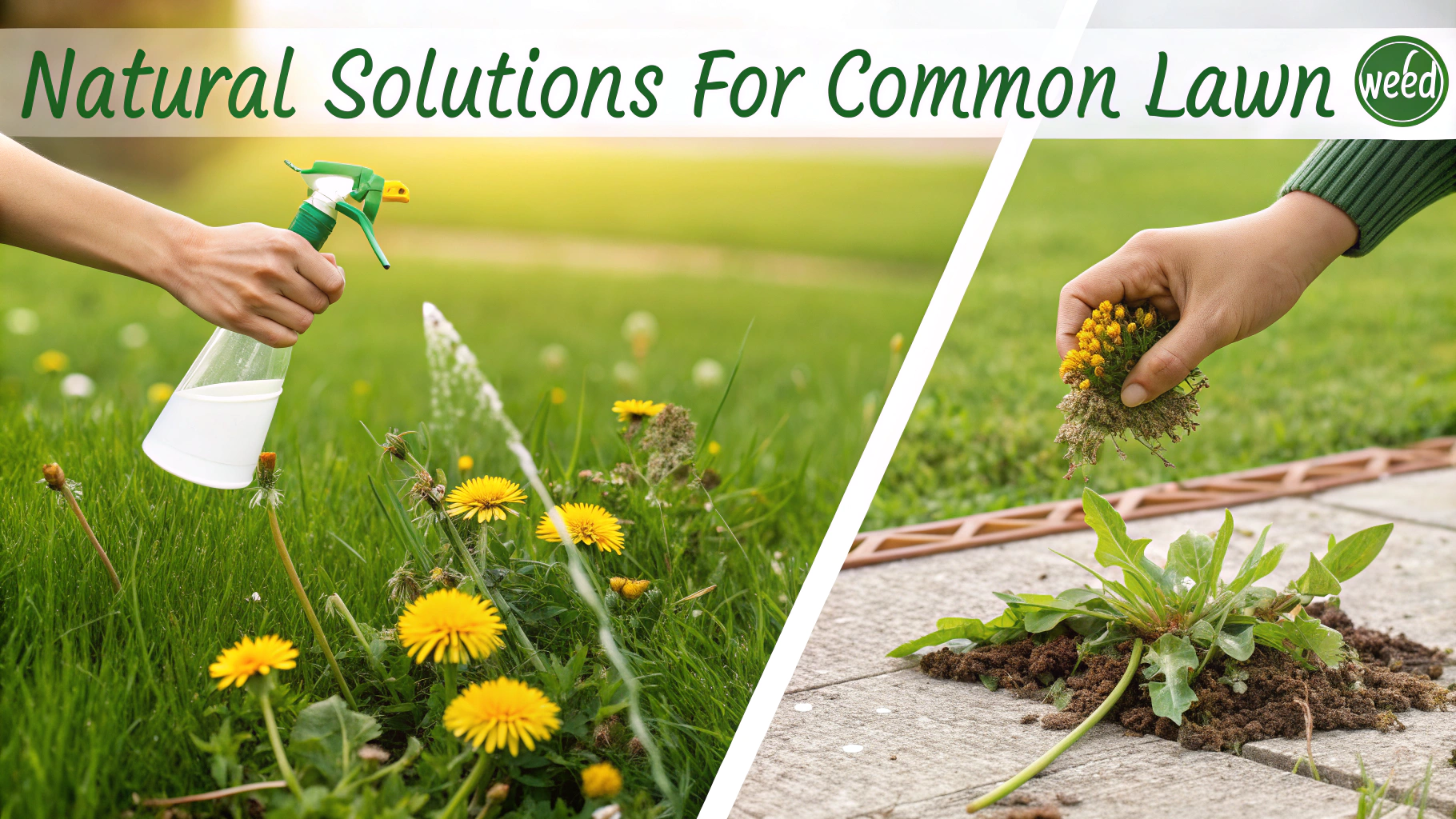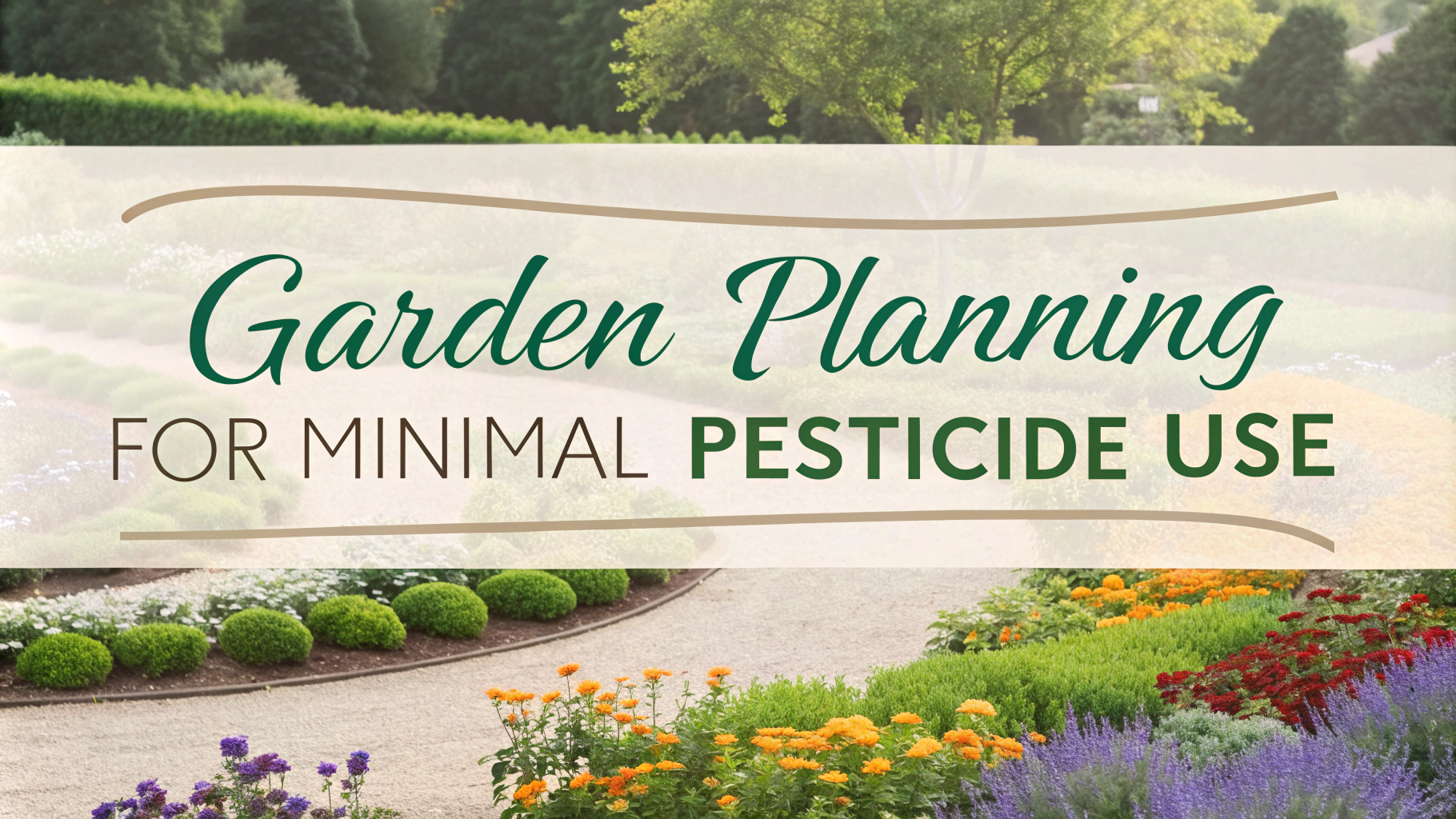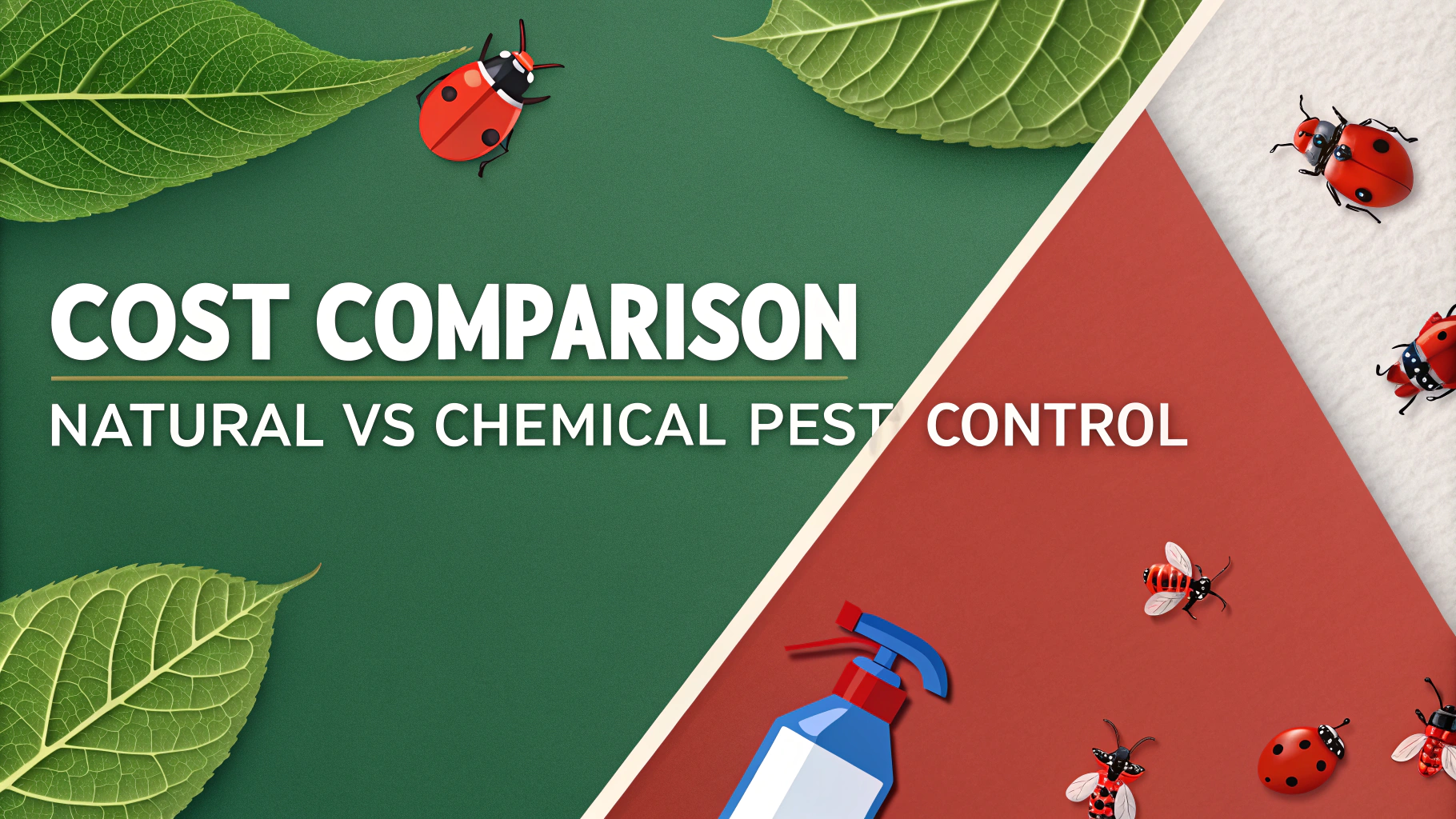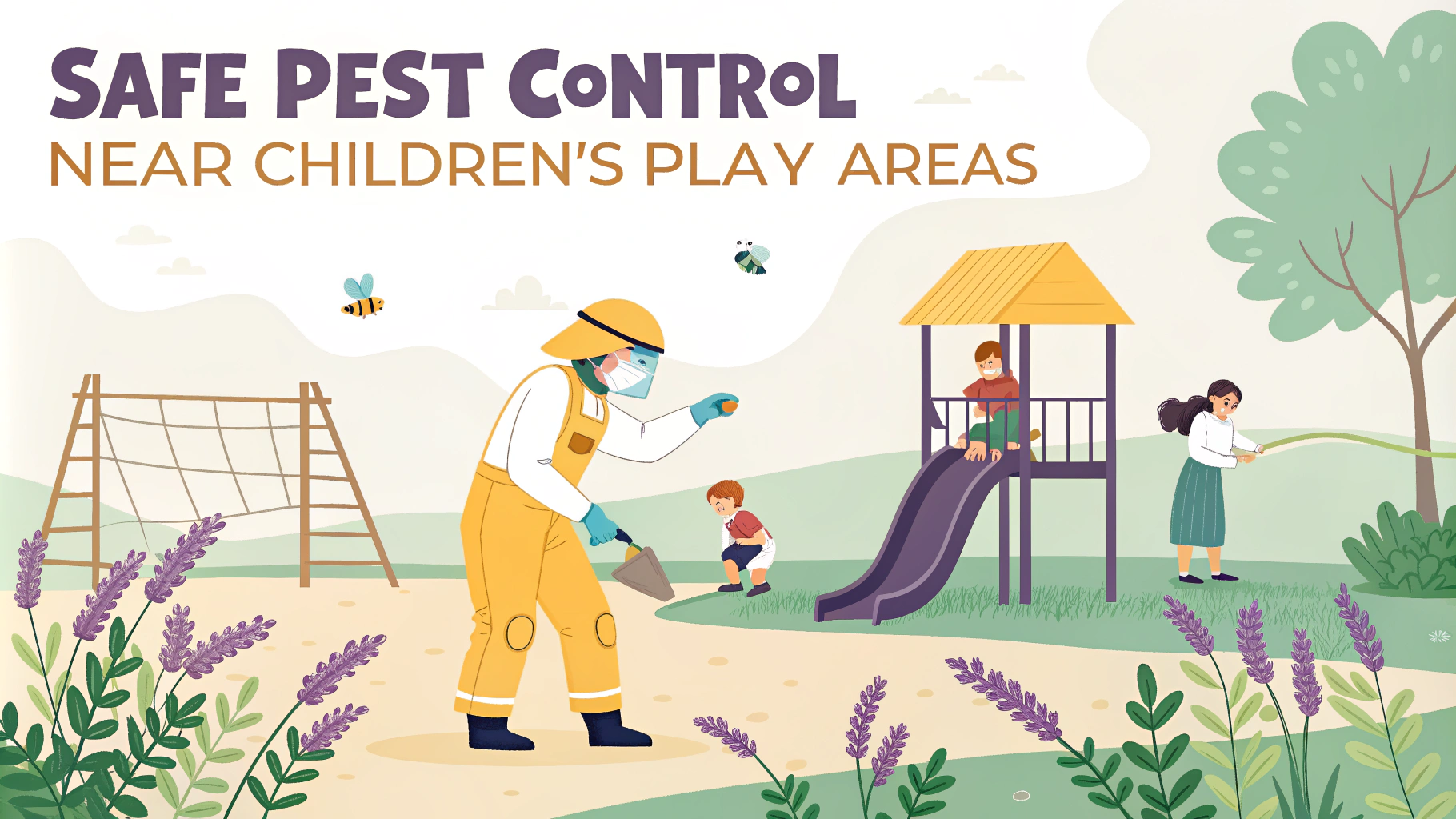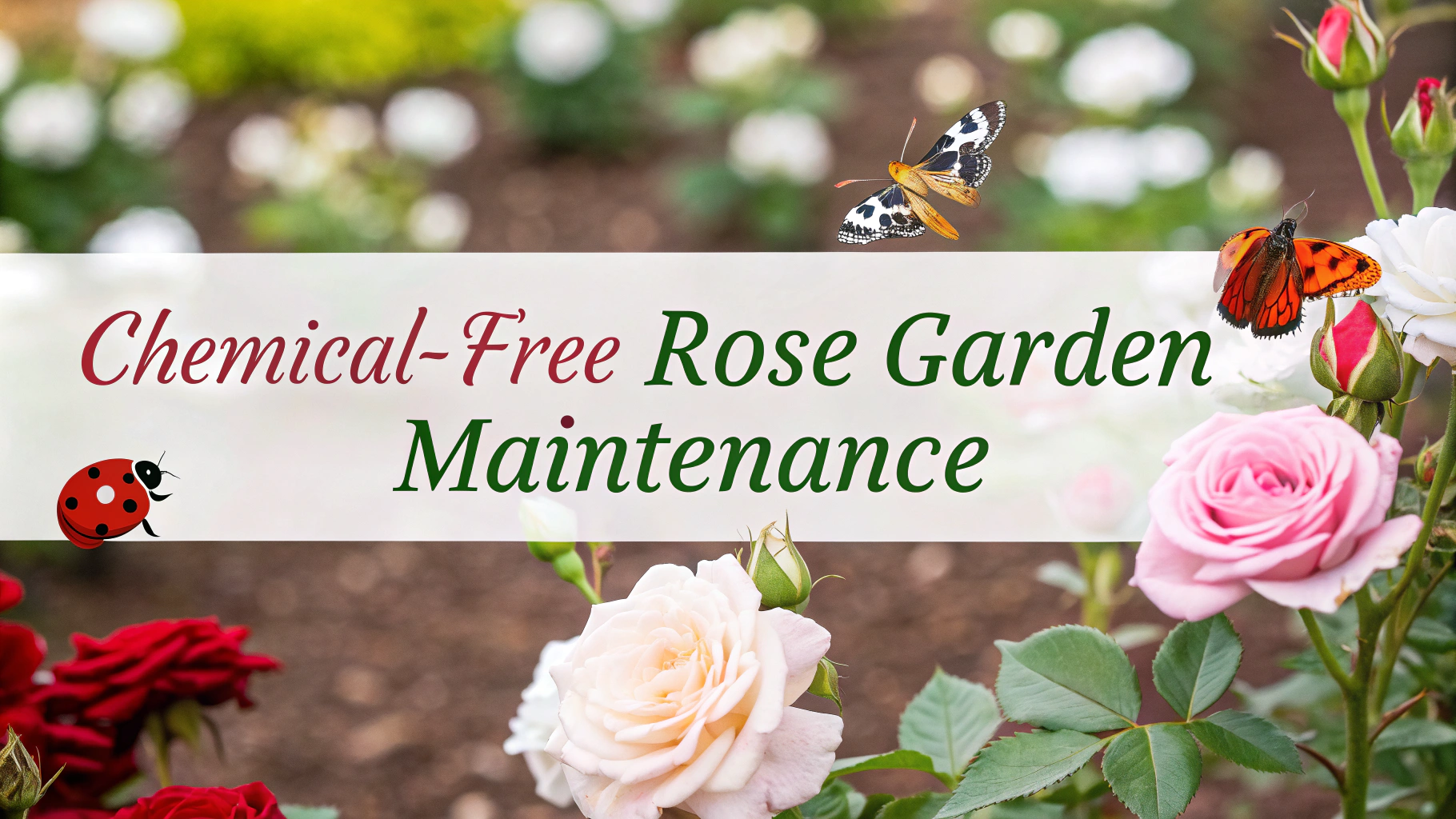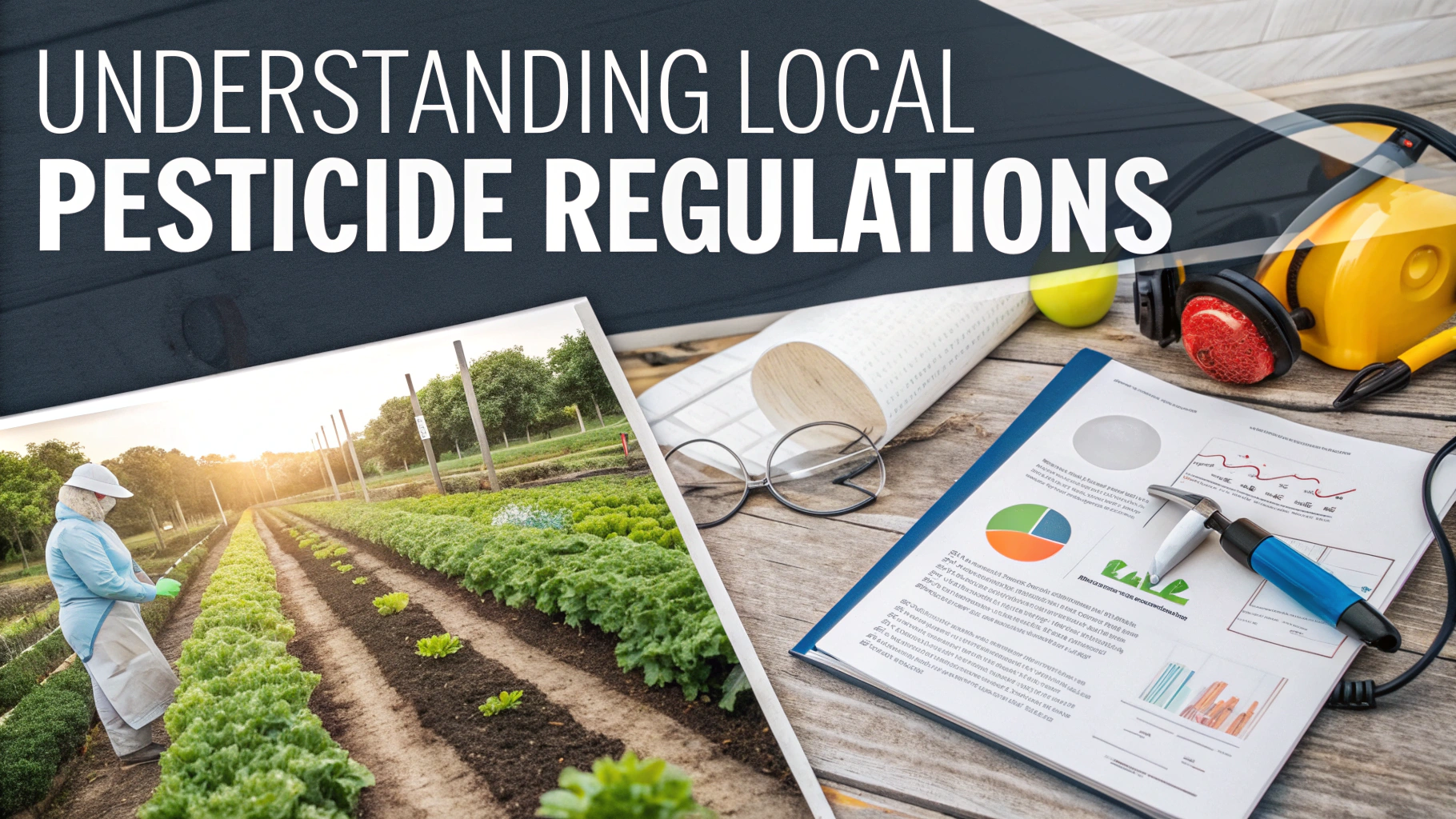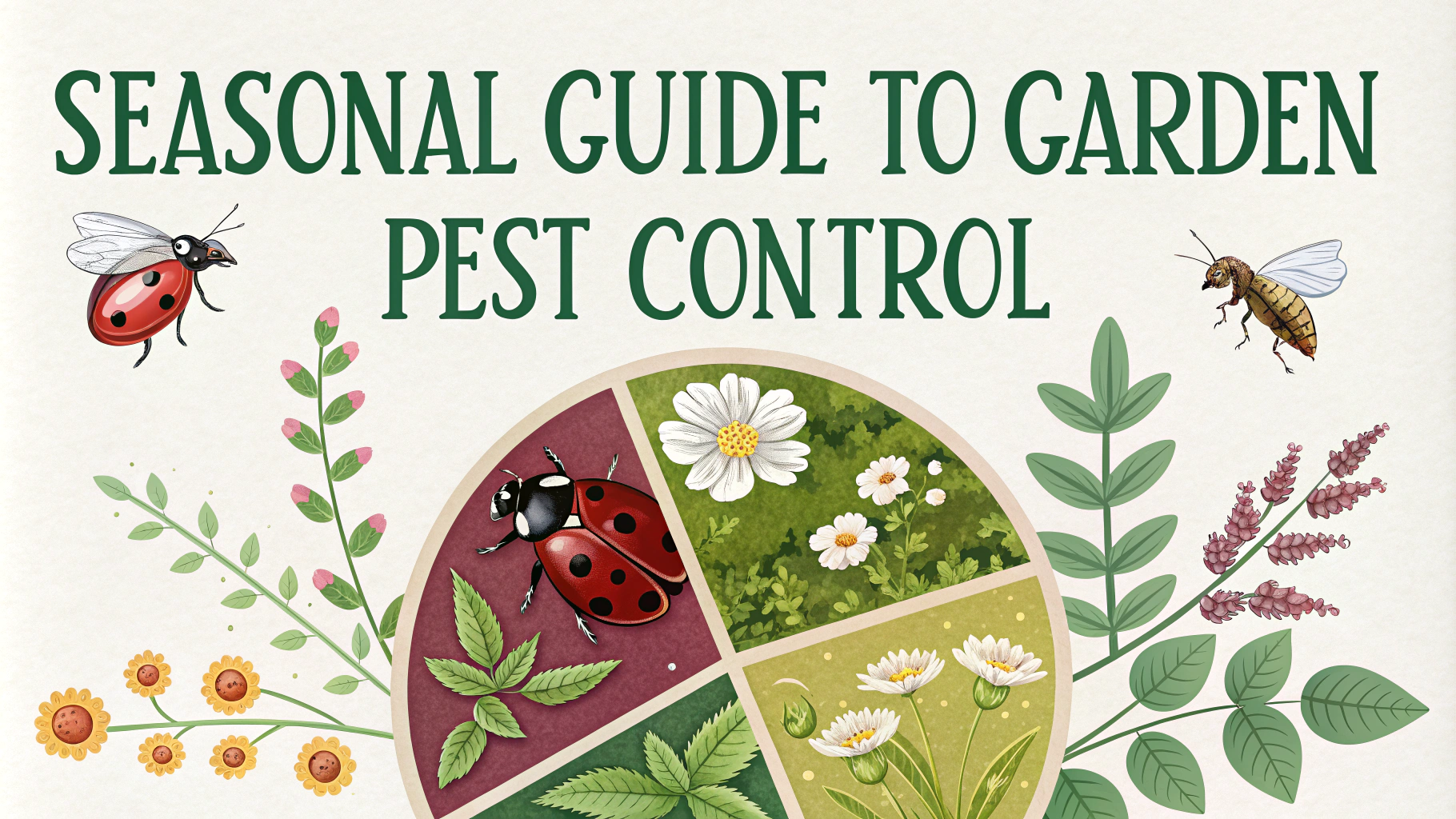Managing garden pests naturally helps protect both your vegetables and beneficial insects that support your garden’s ecosystem.
Natural Pest Prevention Methods
Companion planting pairs vegetables with herbs and flowers that naturally repel harmful insects.
- Plant marigolds near tomatoes to deter nematodes
- Grow basil next to peppers to repel aphids and mites
- Use nasturtiums as trap crops for aphids
- Plant oregano near cucumbers to ward off various pests
Physical Barriers
Installing proper barriers creates an effective first line of defense against pests.
- Row covers protect young plants from flying insects
- Copper tape deters slugs and snails
- Netting prevents birds from accessing fruit
- Hardware cloth blocks burrowing rodents
Organic Pest Control Solutions
These natural sprays effectively control common garden pests without harmful chemicals.
| Solution | Target Pest | Recipe |
|---|---|---|
| Neem Oil Spray | Aphids, Mites | 2 tsp neem oil + 1 tsp soap per quart water |
| Garlic Spray | Multiple Insects | 4 cloves garlic + 2 cups water |
| Soap Spray | Soft-bodied Insects | 1 tbsp liquid soap per quart water |
Beneficial Insects
Attracting helpful insects creates natural pest control in your garden.
- Ladybugs eat aphids and mites
- Praying mantises consume various pest insects
- Parasitic wasps control caterpillars
- Ground beetles eat slugs and pest larvae
Cultural Controls
Regular garden maintenance reduces pest problems naturally.
- Remove infected plant material promptly
- Practice crop rotation annually
- Keep garden area free of weeds
- Water early morning to prevent fungal issues
When to Seek Professional Help
Contact local agricultural extension services if pest problems become severe or you need identification help.
Find your local extension office through the USDA Directory.
Monitoring and Early Detection
Regular garden inspection helps identify pest issues before they become severe problems.
- Check plants weekly for signs of damage or infestation
- Inspect leaf undersides where pests often hide
- Use sticky traps to monitor flying insect populations
- Keep a garden journal to track pest patterns
Prevention Through Plant Health
Healthy plants naturally resist pest infestations better than stressed plants.
- Maintain proper soil fertility through composting
- Ensure adequate spacing between plants
- Provide appropriate sunlight and water
- Mulch to regulate soil moisture and temperature
Seasonal Pest Management
Spring Tasks
- Clean up winter debris that harbors pests
- Install physical barriers before pest emergence
- Start companion planting arrangements
Fall Preparation
- Remove dead plant material
- Apply winter mulch to protect beneficial insects
- Plan next season’s crop rotation
Conclusion
Successful natural pest management combines multiple strategies working together. Focus on prevention through healthy garden practices, use physical barriers and natural controls when needed, and maintain beneficial insect populations. Remember that some pest presence is normal in a healthy garden ecosystem – the goal is management, not elimination.
Start with the least invasive methods first and gradually increase intervention only as needed. With consistent attention and proper techniques, most garden pest issues can be managed effectively without synthetic pesticides.
FAQs
- What are the most effective natural pest control methods for vegetable gardens?
Companion planting, introducing beneficial insects like ladybugs and praying mantises, using neem oil, maintaining good garden hygiene, and installing physical barriers like row covers. - How can I make a safe, homemade insecticidal soap spray?
Mix 1 tablespoon of pure liquid castile soap with 1 quart of water. Avoid using dish detergents as they can harm plants. Spray directly on affected plants in the early morning or evening. - Which beneficial insects should I attract to my vegetable garden?
Ladybugs, praying mantises, parasitic wasps, lacewings, and hoverflies. These insects naturally control pests like aphids, caterpillars, and other harmful insects. - Is diatomaceous earth safe to use around edible plants?
Yes, food-grade diatomaceous earth is safe for vegetable gardens. It works by dehydrating soft-bodied insects and can be sprinkled around plants to control slugs, beetles, and crawling insects. - What companion plants help repel common vegetable garden pests?
Marigolds repel nematodes, basil deters mosquitoes and flies, nasturtiums control aphids, and oregano and thyme repel many common garden pests. - How often should natural pest control methods be reapplied?
Natural sprays typically need reapplication every 7-14 days or after rain. Physical barriers should be checked weekly for damage, and companion plants maintained throughout the growing season. - Are there any organic certifications to look for when buying natural pesticides?
Look for OMRI (Organic Materials Review Institute) listed products and USDA Organic certification on commercial natural pesticides to ensure they meet organic standards. - What preventive measures can reduce pest problems in vegetable gardens?
Crop rotation, proper spacing between plants, maintaining healthy soil, removing diseased plants, and regular monitoring for early pest detection. - How can I control pests while protecting pollinators?
Apply pest controls in the early morning or evening when pollinators are less active, avoid spraying flowers directly, and use targeted treatments rather than broad-spectrum applications. - What are the signs that indicate pest control methods are working?
Reduction in visible pest population, healthier plant growth, fewer holes in leaves, increased presence of beneficial insects, and improved overall crop yield.
